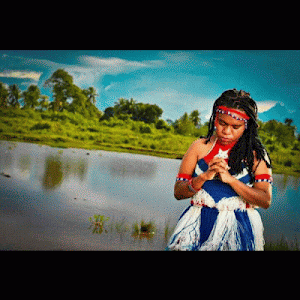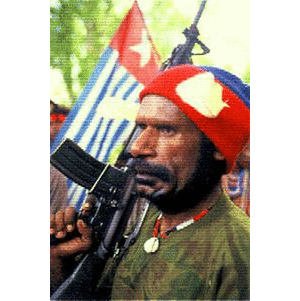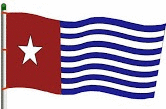Thanks to Cammi for inviting WP supporters to the terrific session on West Papua at Sydney Uni yesterday
 |
Activism: a panel in honour of the work of Faith Bandler – MORNING
SESSION 10am-1pm
PANEL: Focus on West Papua, a community forum.
Ronny Kareni, (West Papua community, Victoria)
Melkias Okoka (3CR Community Radio, Victoria, West Papua community,
Victoria) Camellia Webb-Gannon (West Papua Project, University of Sydney)
West Papua, located on the western half of the island of New Guinea, was wrested from Dutch administration by the Indonesian state and military in 1962. The predominantly Melanesian and Christian West Papuans, who had been prepared by the Dutch for independent nation-statehood, have vociferously opposed Indonesian occupation ever since.
West Papua, located on the western half of the island of New Guinea, was wrested from Dutch administration by the Indonesian state and military in 1962. The predominantly Melanesian and Christian West Papuans, who had been prepared by the Dutch for independent nation-statehood, have vociferously opposed Indonesian occupation ever since.
During the Cold War, Indonesia was backed by the USA, Australia and the
United Nations in strengthening its hold on West Papua through an illegitimate
referendum - the so-called Act of Free Choice - in which less than one percent
of West Papua's population was coerced by threats of violence to vote for
integration with Indonesia. Since 1962, successive Indonesian regimes have been
carrying out crimes against humanity in their efforts to suppress West Papuan
independence aspirations - current estimates of West Papuans killed during the occupation
range between 100,000 and 500,000.
Many West Papuan cultures and lands are
threatened by extensive mining, oil palm planting, migration from other parts
of Indonesia, and deforestation. Indigenous West Papuans are a minority in
their own land. The West Papua Project was founded in 2000 by a group of
academics at the University of Sydney's Centre for Peace and Conflict Studies
deeply concerned at the lack of academic or political attention given to the
West Papuan conflict. The goal of the West Papua Project is to promote peaceful
dialogue between West Papuans and Indonesians as well as conflict
transformation to bring about peace with justice in the region.
Documentations
Resources: http://sydney.edu.au/museums/research/aaps-conference.shtml


















0 komentar:
Posting Komentar